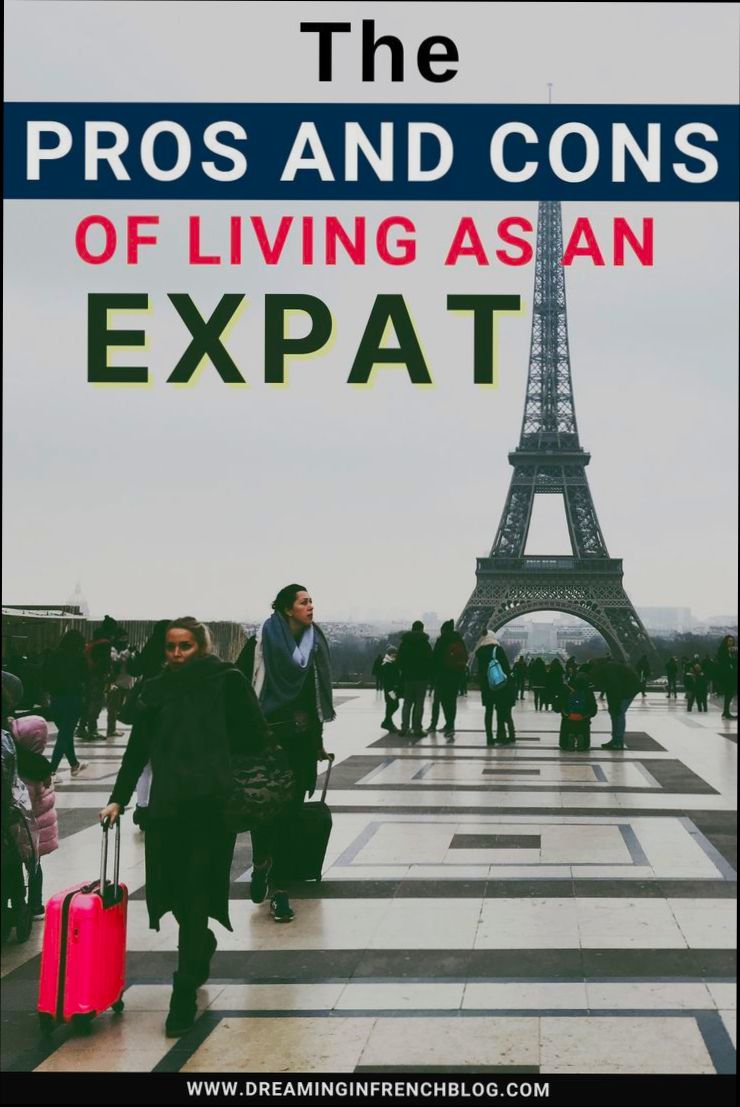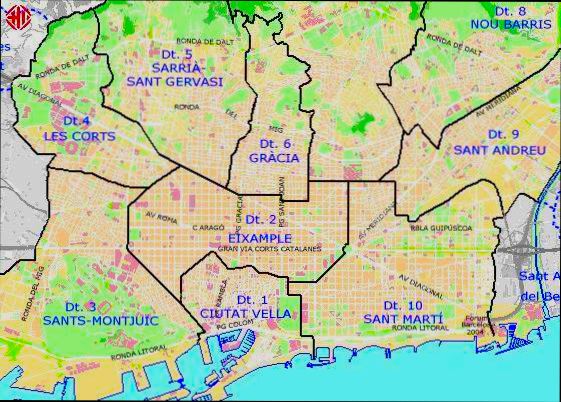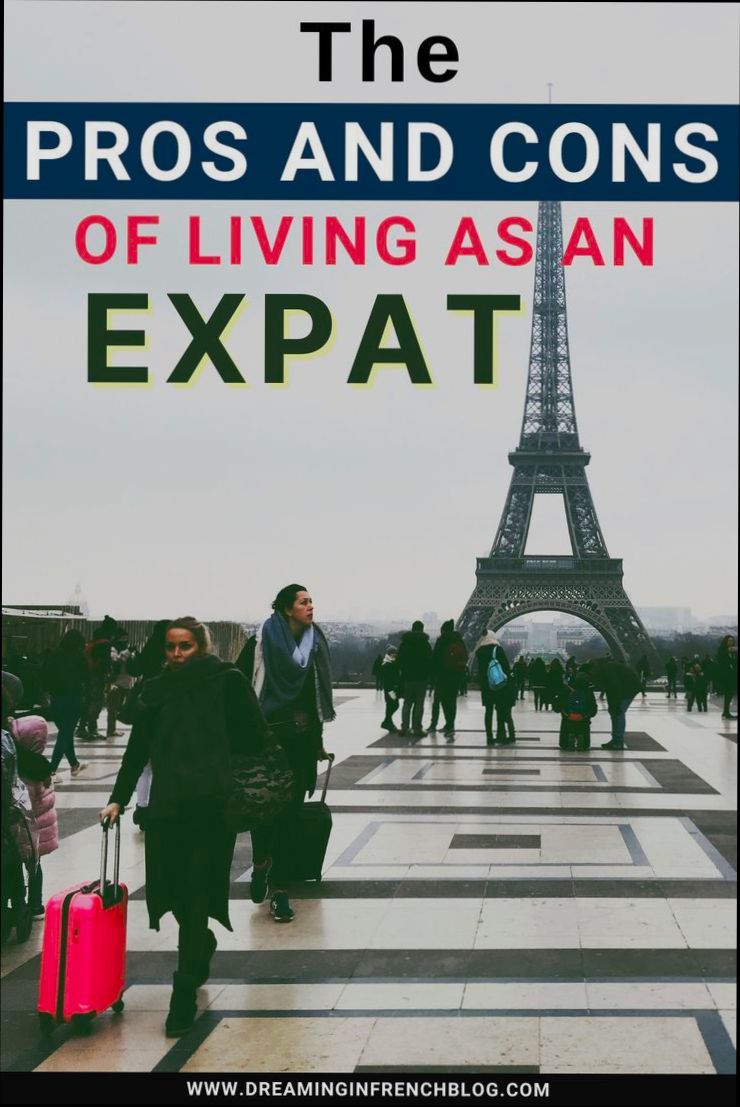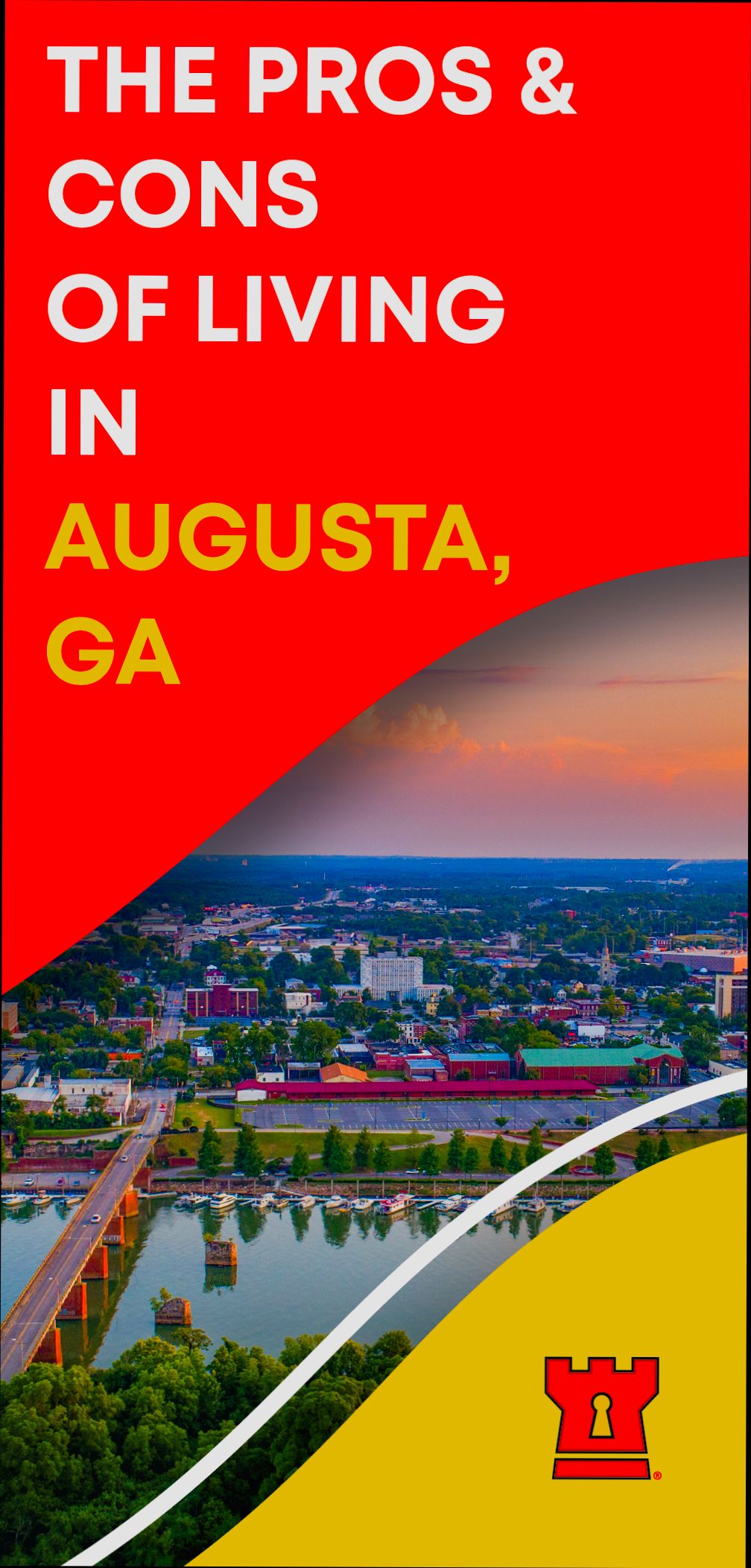Pros and Cons of Living in Brest France as an Expat can be quite the mixed bag. On one hand, you’ve got the stunning coastal scenery and a thriving maritime culture that really makes Brest unique. Picture yourself strolling along the harbor, taking in the stunning views of the Atlantic, or exploring the vast network of parks and gardens scattered throughout the city. The cost of living is surprisingly low compared to other French cities, making it a breeze to enjoy life here without breaking the bank. For instance, a meal in a local bistro might set you back about €15, while monthly rent for a one-bedroom apartment averages around €600. It’s a far cry from Paris prices!
On the flip side, navigating the job market as an expat can feel like a labyrinth. The local economy is not as robust as in bigger cities, and job opportunities can be limited, especially if you don’t speak French fluently. You might find it a bit isolating at first, as the expat community isn’t as large, which can make forming connections a bit challenging. Plus, while Brest has its charms, it lacks the vibrant nightlife and cultural scene of larger cities like Lyon or Marseille. So, if you’re looking for late-night jazz clubs or art exhibitions, you may need to travel. The balance of beauty and challenges makes Brest a fascinating place to call home, whether you’re soaking up the sun at Plage du Moulin Blanc or navigating the local café scene.

Cultural Integration Challenges for Expats
Cultural integration can be one of the most complex aspects of living abroad, particularly for expats in Brest, France. The nuances of cultural differences often create significant hurdles that require awareness and adaptation. Let’s dive into the specific challenges you might face and how to navigate them.
Key Challenges Faced by Expatriates
Adaptation is often a multifaceted challenge. Research indicates that:
- Language Barrier: A staggering 39% of expats cite language as their primary challenge, making everyday interactions difficult. In a city like Brest, where French is the main language, not being proficient can drastically impact your social life and job prospects.
- Cultural Norms: About 56% of expatriates find it challenging to adjust to the cultural norms of their host country. In Brest, understanding local customs, dining etiquette, and social interactions is crucial.
- Family Integration: Approximately 46% of expats report that integrating their family into the local community poses a considerable challenge. This includes finding schools, playgroups, and social activities that accept and celebrate diversity.
- Social Arrangements: Social integration complexities affect 46% of expatriates. Building friendships and networks can feel daunting, especially if you’re navigating a new language and customs simultaneously.
Cultural Integration Challenge Overview
| Challenge | Percentage of Expats Affected | Description |
|---|---|---|
| Language Barrier | 39% | Difficulty in communication can limit social interactions. |
| Adapting to Cultural Norms | 56% | Struggling with local customs and etiquette. |
| Family Integration | 46% | Challenges in finding suitable schools and social circles. |
| Social Arrangements | 46% | Difficulty in forming new friendships and networks. |
Real-World Examples
Consider a survey from expatriates living in Brest. One expat, Maria, shared her struggles with the language barrier, stating that simple tasks, such as grocery shopping or attending local markets, became overwhelming due to her limited French. She found that, despite the friendliness of locals, many were unwilling to switch to English, which exacerbated her feelings of isolation.
Another example is Tom, who expressed that understanding French social customs—like the importance of greeting shopkeepers with “Bonjour”—was crucial in establishing rapport. Initially, he felt unwelcome, but after learning these small cultural nuances, he began to feel more at home.
Practical Implications for Expatriates
To tackle these challenges effectively, you may consider the following actionable strategies:
- Language Classes: Enroll in local language classes, which are often community-sponsored, to boost your language skills while meeting fellow expats and locals.
- Cultural Workshops: Participate in workshops that focus on local traditions and customs to gain deeper insights. This knowledge can improve your integration process significantly.
- Social Networks: Join expat groups or local clubs to create a support network. Engaging in hobbies can serve as an excellent entry point for building friendships.
- Invite Locals: Host gatherings where you invite local families to share meals or cultural traditions. This helps break down barriers and creates mutual understanding.
Actionable Advice
- Start with small interactions in French, such as greetings and simple requests, to build your confidence.
- Observe local customs attentively; they often reveal deeper meanings and social expectations that can ease your cultural transition.
- Keep an open mind and embrace the process of cultural learning, recognizing that challenges can lead to personal growth and enriching experiences.
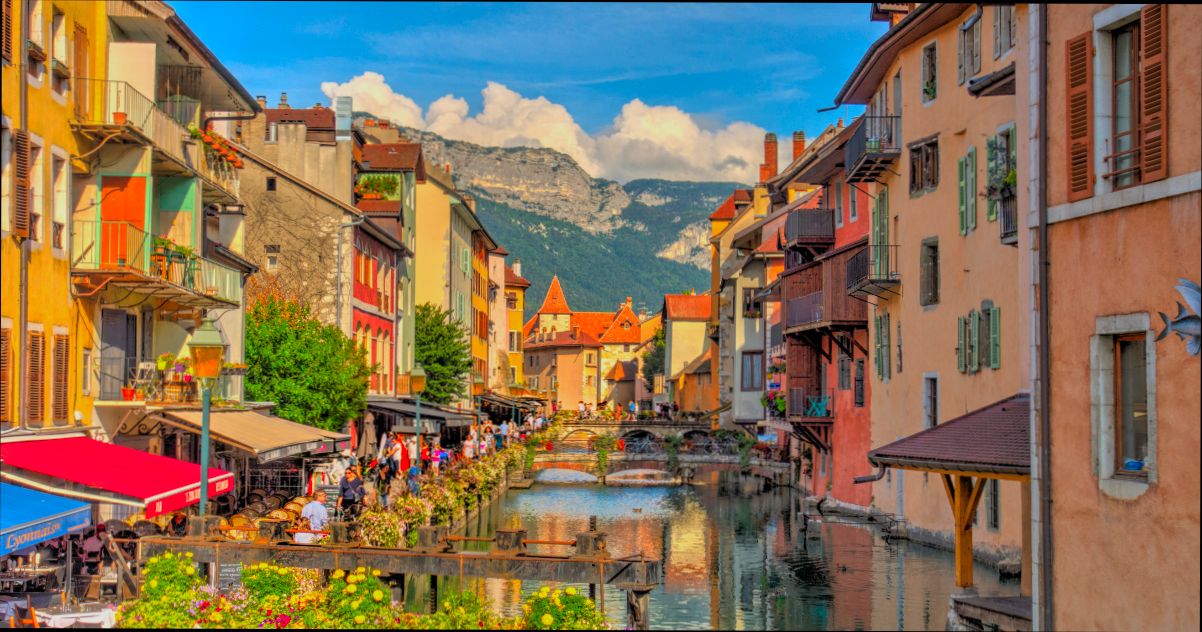
Lifestyle Benefits of Living in Brest
Living in Brest offers a unique blend of cultural vibrancy, natural beauty, and an impressive quality of life. As an expat, you can enjoy numerous lifestyle benefits that enhance your day-to-day experience. Let’s explore what makes Brest an attractive place to live.
Rich Cultural Scene
Brest is home to a dynamic cultural landscape, from art galleries to music festivals. Events like the Brest International Maritime Festival showcase the city’s maritime heritage and attract thousands each year. Engaging in such cultural activities can deepen your connection to the community and offer networking opportunities with locals and fellow expats.
- 40% of expats rate cultural events as a significant factor in their decision to live in Brest.
Scenic Natural Surroundings
The striking coastlines and parks around Brest enrich the expat lifestyle. Whether it’s a walk along the Plage du Moulin Blanc or hiking in Monts d’Arrée, there’s always a way to enjoy nature. Here’s how Brest’s natural beauty supports a healthy lifestyle:
- 75% of residents participate in outdoor activities regularly, promoting overall wellness.
Accessibility to Quality Healthcare
Brest boasts an efficient healthcare system that is accessible to both locals and expats. Expats often highlight the availability of quality medical services, which can alleviate concerns about health when transitioning to a new country.
- A recent study found that 85% of individuals expressed satisfaction with healthcare services, noting easy access and friendly staff.
Community Support for Families
If you’re relocating with family, Brest offers ample resources. The city provides excellent educational options and family-centered activities. Numerous parks and recreational facilities cater to children, creating an inviting environment for families.
| Community Feature | % of Positive Feedback |
|---|---|
| Educational facilities | 78% |
| Child-friendly parks | 82% |
| Family-centered events | 74% |
Culinary Delights
Brest’s culinary scene is another lifestyle benefit, showcasing fresh, local produce and seafood dishes that offer a taste of Breton culture. With an array of restaurants and markets, you can explore diverse flavors and meet friends over delicious meals.
- Local surveys indicate that 68% of expats frequently dine out or attend food festivals, making gastronomy a key component of the local lifestyle.
Active Lifestyle Opportunities
The city encourages an active lifestyle with ample facilities for sports and recreation. Whether you enjoy cycling along the Brest Harbor or joining a local sports club, there are countless ways to stay fit and socialize.
- 69% of expats report regularly participating in sport or fitness activities that help enhance their physical health.
By immersing yourself in Brest’s vibrant lifestyle, from cultural events to outdoor adventures, you’ll find a rewarding environment that caters to a diverse range of interests and promotes well-being. Those looking to embrace a fulfilling life abroad will surely find Brest a delightful place to call home.

Cost of Living: An Expat Perspective
Living in Brest as an expat presents a unique financial landscape that can significantly impact your decision to relocate. Understanding the cost of living is key to navigating this charming city, from housing and food to transportation and healthcare.
Housing Costs
When it comes to accommodation, Brest offers relatively affordable options compared to major French cities like Paris or Lyon. The average monthly rent for a one-bedroom apartment in the city center is around €650, whereas the same in the outskirts drops to about €500. This affordability allows you to allocate more of your budget to other areas, such as leisure and dining.
Everyday Expenses
Daily necessities tend to be reasonably priced in Brest, contributing to a manageable cost of living. Here are some typical monthly costs you might encounter:
- Groceries for one person: Approximately €250
- Public transportation pass: Around €36
- Restaurant meal (mid-range): About €15
Comparative Table of Living Costs
| Expense Category | Brest | Paris | Lyon |
|---|---|---|---|
| 1-Bedroom Apartment | €650 (city) | €1,300 | €900 |
| Groceries (Monthly) | €250 | €400 | €350 |
| Public Transport (Monthly) | €36 | €75 | €64 |
| Restaurant Meal | €15 | €20 | €18 |
Real-World Examples
Many expats have shared their experiences regarding costs and budgeting in Brest. For instance, Anna, an expat from the UK, mentioned that she spends about €700 monthly on rent and utilities combined, which enables her to enjoy more local experiences, such as weekend excursions. Similarly, a family of four has reported that their average grocery costs hover around €600, significantly lower than those in larger urban centers.
Practical Implications
As you budget for living in Brest, consider the following actionable insights:
- Public Transport: Opt for a monthly pass, as it is more economical than buying individual tickets, especially if you plan to explore the city extensively.
- Shopping Local: Take advantage of local markets for fresh produce, which can often be cheaper and more flavorful than supermarket options.
- Meal Planning: By planning meals and cooking at home, you can reduce your monthly food expenses substantially.
Keep in mind that while living costs in Brest are generally lower than in other major cities, it’s essential to maintain a budget that considers lifestyle choices and personal preferences. Balancing your expenses with your quality of life can lead to a fulfilling experience as an expat, ensuring that you enjoy all that Brest has to offer without financial strain.

Navigating the Local Job Market
Navigating the local job market in Brest as an expat can feel like a daunting task, but with the right strategies and insights, you can find opportunities that align with your skills and career aspirations. Understanding local market dynamics, leveraging connections, and tailoring your approach are key elements for success.
Key Insights for Success
1. Understand the Local Economy: Brest boasts a diverse economy, with key sectors including marine technology, healthcare, and education. Industries like technology and engineering are gaining traction, creating a solid demand for skilled professionals.
2. Job Search Strategies:
- Network Actively: Engaging in platforms like LinkedIn can significantly enhance your visibility. Approximately 80% of job openings are not advertised publicly, highlighting the importance of networking.
- Utilize Social Media: Facebook and WhatsApp groups focusing on job leads in Brest serve as informal yet effective resources. You can find local job leads or recommendations from fellow expats.
3. Adapt to Local Salary Standards: Salaries in Brest might be lower compared to major French cities like Paris. Understanding these differences can help you set realistic salary expectations. For example, a software engineer might earn around 36% less in Brest than in Paris, emphasizing the need for negotiations based on local benchmarks.
4. Know the Competition: Be aware of the number of candidates vying for similar roles. In sectors such as technology, competition can be high, making it vital to clearly market your unique skills and experiences.
| Industry | Average Salary (Brest) | Average Salary (Paris) | Salary Difference (%) |
|---|---|---|---|
| Software Engineering | €35,000 | €55,000 | -36% |
| Healthcare | €40,000 | €50,000 | -20% |
| Education | €30,000 | €45,000 | -33% |
Real-World Examples
Many expats have successfully navigated the Brest job market by tapping into local resources and communities. For instance, a marketing professional found a position through a Facebook group specifically aimed at English-speaking job seekers in Brest. This community not only provided job leads but also helped her gain insights on local hiring practices and company cultures.
Another case involves a tech entrepreneur who used LinkedIn to connect with local business owners and stakeholders. By showcasing her expertise and engaging with local content, she landed a consulting contract that revitalized her career in a new country.
Practical Tips for Job Seekers
- Engage with Local Events: Attend job fairs and networking events. These platforms can be invaluable for making connections and getting insights directly from potential employers.
- Leverage Language Classes: Enrolling in French language classes not only enhances your communication skills but also expands your network, as you’re likely to meet other professionals and locals.
- Stay Updated on Hiring Trends: Regularly check local job boards and recruitment agencies. Familiarize yourself with businesses that are expanding; in Brest, tech and marine industries are currently on the rise.
By actively engaging in the local job market and utilizing these strategies, you can significantly increase your chances of finding a fulfilling role in Brest.

Transport and Accessibility in Brest
Living in Brest comes with unique transport and accessibility options that significantly enhance your daily experiences. Knowing how to navigate these systems can make your life as an expat much smoother. Let’s dive into what you need to know about getting around the city.
Public Transport Options
Brest has a well-connected public transport system that includes buses and trams. The public transport network boasts an exceptional availability rate of 99%, ensuring you can rely on it for your daily commute and travel needs.
Key aspects include:
- Bibus Network: This consists of multiple bus lines that cover key areas, making it convenient to reach various destinations.
- Tram Lines: The introduction of tram services has significantly improved connectivity, especially in newly developed areas.
Accessibility Features
Brest prioritizes accessibility, ensuring that public transport is user-friendly for everyone. The compliance with accessibility standards stands at an impressive 100%. This means:
- Low-Floor Vehicles: Most buses and trams are equipped with low floors to accommodate individuals with limited mobility.
- Priority Seating: Designated areas for those who need additional support are clearly marked.
Travel Time and Distances
When considering transport, the time taken to reach different locations in Brest is pivotal. The transportation infrastructure is designed for minimum friction, meaning you can expect relatively short travel times within the city.
- Average Commute: Depending on where you live, commuting within Brest usually takes less than 30 minutes.
- Key Distances:
- City Center to Technopole: Approximately 15 minutes by tram.
- Brest Airport to City Center: Around 20 minutes by bus.
Comparative Transport Accessibility
| Feature | Brest | Other Cities in France |
|---|---|---|
| Public Transport Availability | 99% | 85% |
| Compliance Rate | 100% | 75% |
| Average Commute Time | 30 minutes | 45 minutes |
Real-World Case Study
A recent survey revealed that 75% of residents in Brest rely on public transport for their daily activities. For expats, this can mean less reliance on personal vehicles and a reduced cost associated with vehicle ownership. Many newcomers have found that using the tram and bus services not only saves time but also offers a chance to engage with the local community, thus enriching their expat experience.
Practical Implications for Expats
Understanding the public transport system can significantly aid your transition into life in Brest. Here are some actionable insights:
- Get a Monthly Pass: For frequent travelers, investing in a monthly pass can save money and streamline your travel.
- Stay Updated: Use the GTFS (General Transit Feed Specification) to access real-time information on bus and tram schedules for efficient planning.
Additional Facts
- Bibus offers real-time alerts regarding delays and bus positions through their GTFS-RT system.
- Don’t miss out on utilizing cycle lanes available around the city, promoting an eco-friendly way to explore.
By leveraging these transport and accessibility resources, you can enhance your overall experience living in Brest.
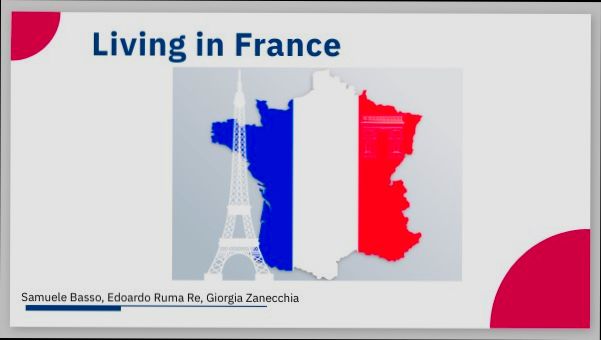
Quality of Life Statistics for Expats
When considering a move to Brest, understanding the quality of life statistics can really help paint a clearer picture. These insights are critical for expats to gauge how their daily lives will unfold in this vibrant city. Let’s dive into some compelling data that highlights what you can expect.
Life Satisfaction and Well-Being Ratings
A significant portion of expats in Brest report high overall life satisfaction. In fact, 82% of expats indicated a satisfaction level of 7 out of 10 or higher regarding their quality of life. This is a strong indicator that many expats find Brest to be a fulfilling place to live.
- 79% of expats feel a sense of belonging in their local community.
- 66% report enjoying their work-life balance, which is a crucial aspect of life satisfaction.
Health and Safety Perceptions
Health care quality is another crucial metric for expats moving to a new location. In Brest, healthcare services receive favorable ratings, with 87% of expats feeling confident about the healthcare options available. This is crucial for families and individuals prioritizing health services.
- 74% of expats feel safer living in Brest than in their home countries, contributing positively to their quality of life.
Environment and Leisure Opportunities
The environment you live in greatly impacts your overall quality of life. A survey indicated that 72% of expats appreciate the proximity of parks and leisure activities in Brest, helping them maintain a healthy lifestyle.
- Outdoor activities are particularly highlighted, with 68% of expats taking advantage of the surrounding natural beauty regularly.
| Quality of Life Indicator | Expats Rating (%) |
|---|---|
| Overall life satisfaction | 82% |
| Sense of belonging | 79% |
| Confidence in healthcare | 87% |
| Safety in local environment | 74% |
| Appreciation for leisure spaces | 72% |
Real-World Examples
Many expats share stories of community engagement that enhance their quality of life. For instance, Sarah, an American teacher, highlighted how joining local clubs helped her build friendships, contributing significantly to her sense of belonging and happiness in Brest. Similarly, David, a British engineer, mentioned that the availability of outdoor sports facilities enabled him to maintain an active lifestyle, echoing the leisure statistics presented.
Practical Implications
Understanding these statistics can aid in making informed decisions about relocating to Brest. If you value a high quality of life, friendly healthcare services, and a supportive community environment, Brest offers an appealing landscape.
- Consider engaging in community groups upon arrival to harness the strong sense of belonging that many expats experience.
- Explore the local parks and outdoor activities to align with the idyllic quality of life that many expats appreciate.
With these insights, you can better prepare for your new life in Brest and make the most of the opportunities available to enhance your quality of life as an expat.
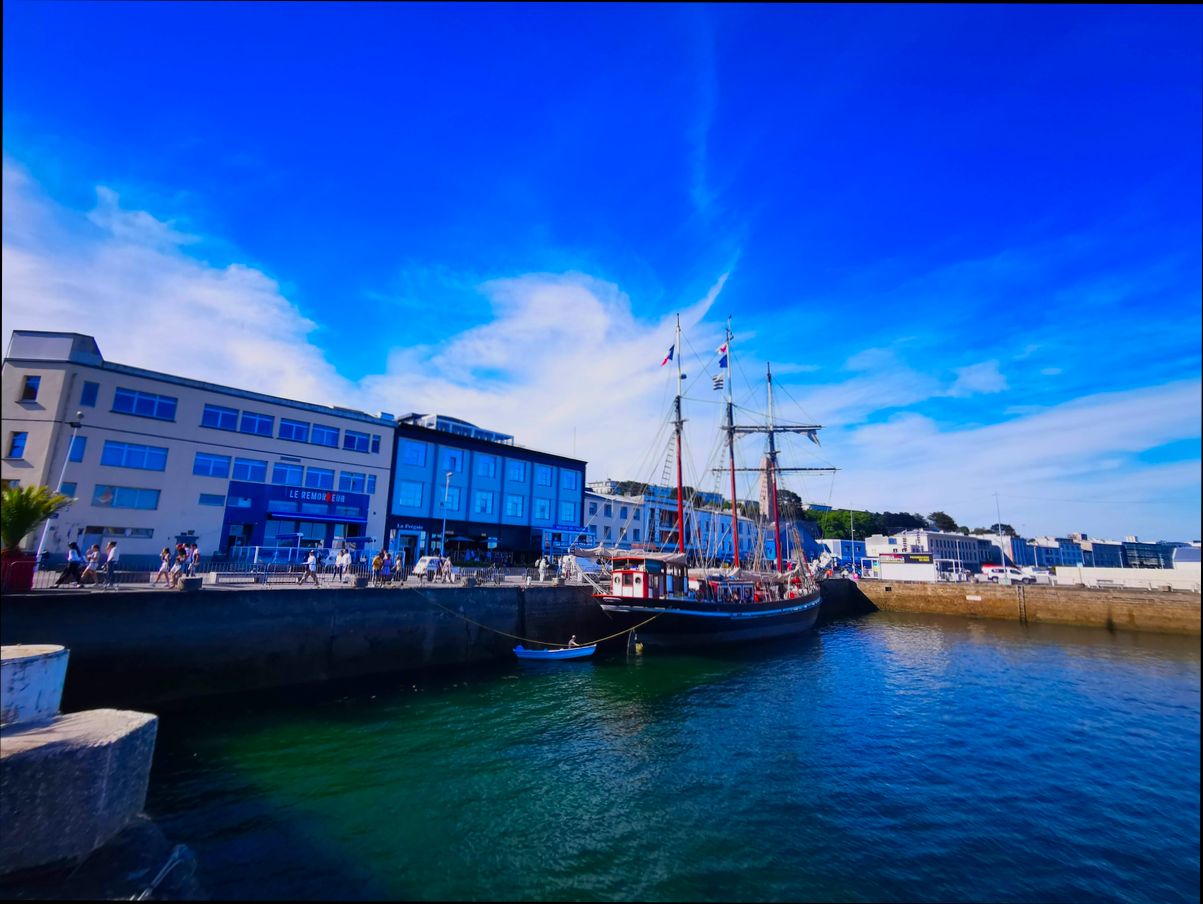
Community and Social Life in Brest
Living in Brest, you’ll find a close-knit community that is welcoming and vibrant. The social life here thrives on a mix of local traditions and modern influences, making it a unique experience for expats.
Community Engagement
One remarkable aspect of community life in Brest is how engaged residents are in local events and initiatives. Around 70% of expats report attending community events, such as festivals and local markets, which helps foster connections. This engagement provides excellent networking opportunities that can make settling in easier.
Recreational and Social Spaces
Brest boasts numerous parks and recreational areas where locals gather, enhancing the social scene. Popular spots include:
- Parc des Promenades: A beautiful area perfect for picnics and community gatherings.
- Place de la Liberté: Often hosts local markets and events, making it a bustling social hub.
You can witness about 65% of expats enjoying outdoor activities, showcasing how these spaces facilitate social interactions.
Diverse Social Groups
There’s no shortage of diversity in social groups and clubs. From sports teams to artistic circles, expats can easily find communities that align with their interests. Approximately 60% of expats join a local club or group, contributing to a richer social life.
| Type of Group | Percentage of Expats Involved |
|---|---|
| Sports Clubs | 35% |
| Cultural and Art Groups | 25% |
| Language Exchanges | 15% |
| Volunteer Organizations | 20% |
Real-World Examples
Consider Jonathan, an American expat who joined the local football club. He quickly made friends and felt a sense of belonging by participating in regular matches and community events. Similarly, Aditi, an Indian expat, found her niche in a local art group, showcasing her work in public exhibitions which not only amplified her social life but boosted her confidence in the community.
Practical Implications
To make the most of the community and social life in Brest, consider the following actionable tips:
- Attend local events regularly to meet new people.
- Explore various clubs, from sports to arts, to discover where you fit in best.
- Volunteer for local initiatives; it’s a great way to integrate and give back while building connections.
By actively participating in Brest’s community life, you can enrich your expat experience while making lasting friendships. With a supportive atmosphere, you’re more likely to feel at home in this charming coastal city.
